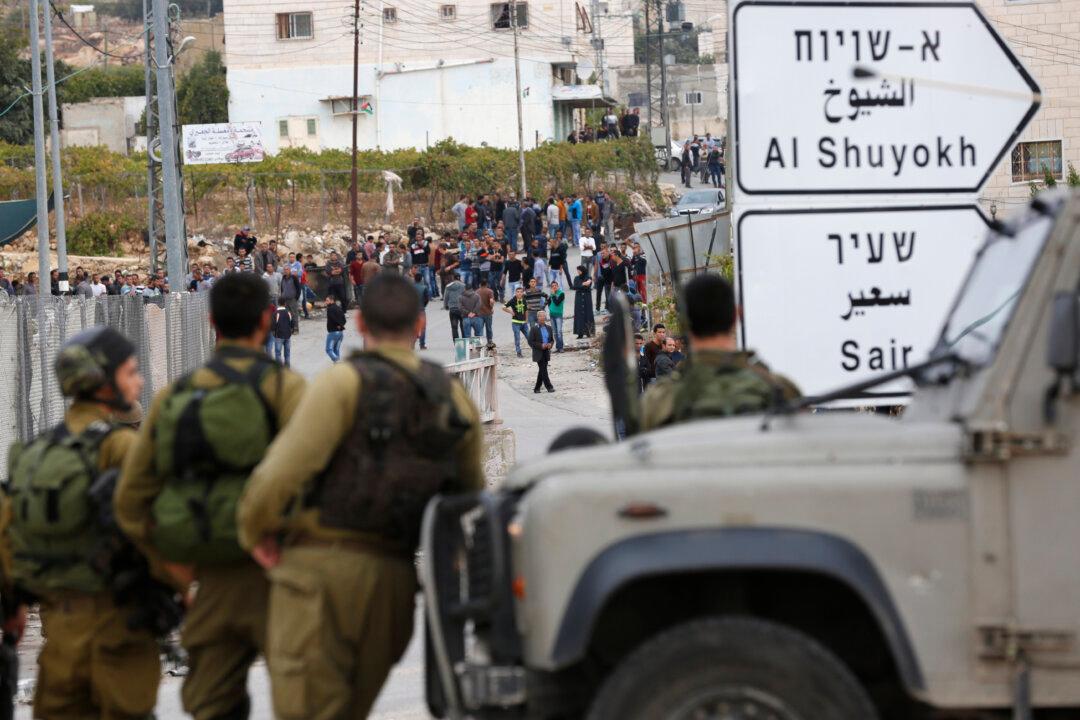JERUSALEM—Israeli and Jordanian officials said Tuesday that new surveillance cameras should be installed within days at the walled Jerusalem shrine at the epicenter of Israeli-Palestinian violence, with the goal of streaming the footage live on the Internet for maximum transparency.
The idea to install the cameras emerged during separate talks late last week between U.S. Secretary of State John Kerry and the three sides with a stake at the shrine — Israel, Jordan and the Palestinian self-rule government. Kerry was looking for a way to lower tensions, but it’s not clear if video cameras will suffice.
The current round of violence began in mid-September, triggered in part by heated disputes over the Jerusalem shrine.
The compound is revered by both Muslims and Jews and a lightning rod for the clashing national narratives of Israelis and Palestinians. Jordan, which controlled the site before Israel captured it in the 1967 Mideast war, serves as the custodian of the Muslim-administered site.
Under decades-old arrangements, Jews are allowed to visit, but not to pray at the shrine.
However, the number of Jewish visitors has doubled in the past five years, accompanied by statements from Jewish groups and several leading Israeli politicians demanding prayers at the site.
Such statements have fueled Palestinian fears that Israel is trying to expand its presence at the shrine. Israel adamantly denies such allegations, saying they amount to incitement to violence.
In mid-September, tensions started to soar, coinciding with an increase in the number of Jewish visitors during a period of Jewish holidays. Clashes erupted at the shrine between young Palestinian stone-throwers and Israeli security forces.
The confrontations quickly spread. In all, 11 Israelis have been killed, mostly in stabbings, while 52 Palestinians, including 30 said by Israel to be attackers, have been killed by Israeli fire.
Under the compromise brokered by Kerry, video cameras are to be installed inside the 37-acre (15-hectare) walled platform to help defuse tensions.





